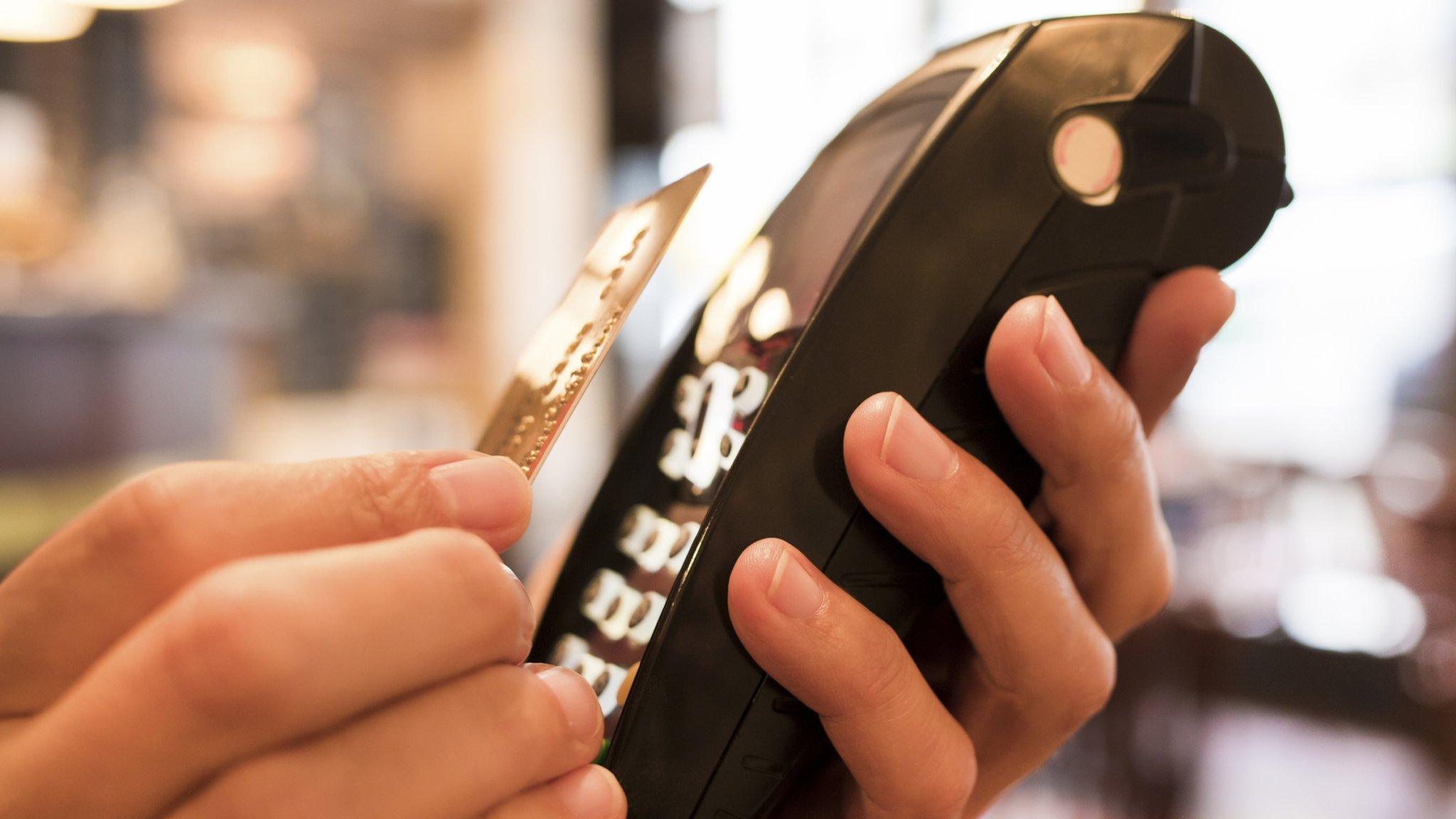Contactless payment continues to grow in London
- Published
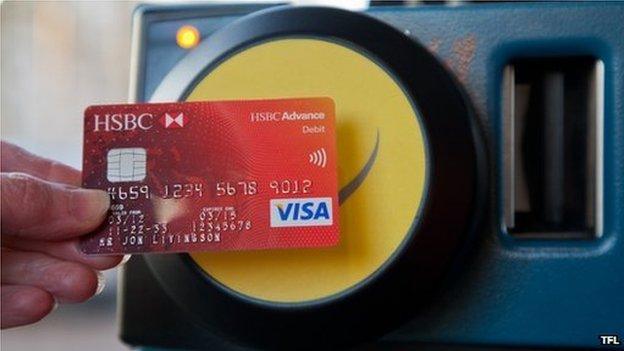
Contactless payments have operated on London's bus network since December 2012
On a trip to the West End with my other half, she admitted she'd forgotten her Oyster card.
Instead of the normal teeth grinding and forking out the extortionate cost of a paper ticket, she informed me nonchalantly that she'd use her bank card.
Now I am (allegedly) meant to know about these things but I admit that it had never occurred to me at that moment that a contactless card could save us a few quid.
That was it. Tap in tap out. No bother, extremely convenient and something that makes the Oyster card and cash completely redundant.
Of course, phasing out Oyster cards and cash is not Transport for London's (TfL) plan (yet) but the latest figures show contactless payments on transport are increasing.
'Best fares for contactless'
Currently one million contactless taps are made each day on London's transport network which TfL claims makes it the fastest growing contactless merchant in Europe after just six months.
Oyster has been a huge success story for London but the system costs TfL millions a year to administer, while the contactless payment system is run by the banks.
In fact, it is actually more beneficial to use contactless than Oyster.
If you are a commuter there is a weekly cap with payments subject to daily capping, external - when travellers taking multiple journeys will not pay more than the cost of a Day Travelcard - or there's a Monday-to-Sunday cap with the best value over the course of the week.
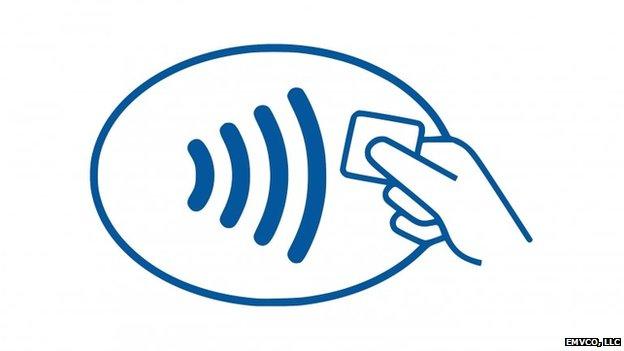
TfL said 1,235 people become victims of 'card clash' each day when they pay more for their ticket
Labour on the London Assembly believes that contravenes promises that Oyster would always be the cheapest fare.
Val Shawcross said: "What contactless shouldn't become is a stealth attempt to push people away from Oyster cards by reserving the best fares for contactless."
TfL has said it is looking at an automatic weekly cap for Oyster but the technology is not as advanced as that on contactless cards.
What is also interesting is how these payments on transport seem to be driving the rest of the market.
Scott Abrahams from MasterCard said: "This milestone for TfL shows just how quickly consumers have taken to contactless in London.
"This extraordinary take-up is having a halo effect on other businesses in the UK who accept contactless payments."
With new innovations there are glitches - contactless cards and Oyster cards in the same wallet or purse can cause 'card clash' when the system recognises an entry or exit on different cards and can result in charging you the maximum fare.
TfL said: "In November there were 1,564 instances each weekday where customers may have accidentally paid with a contactless payment card they did not intend to pay with, our most recent figures from the end of February show at 1,235 per day, showing a steady decline."
- Published15 September 2014
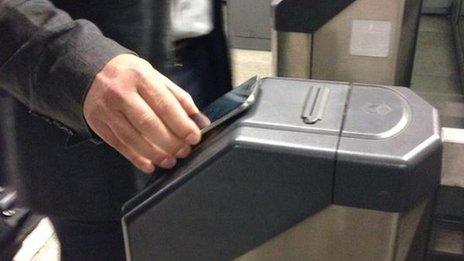
- Published25 July 2014
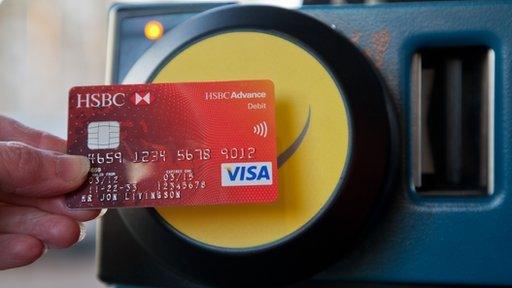
- Published6 July 2014
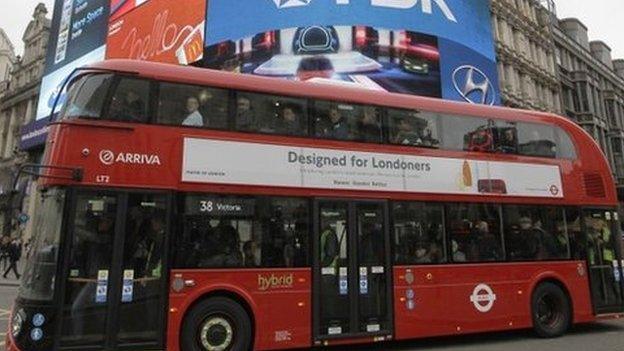
- Published29 April 2014
